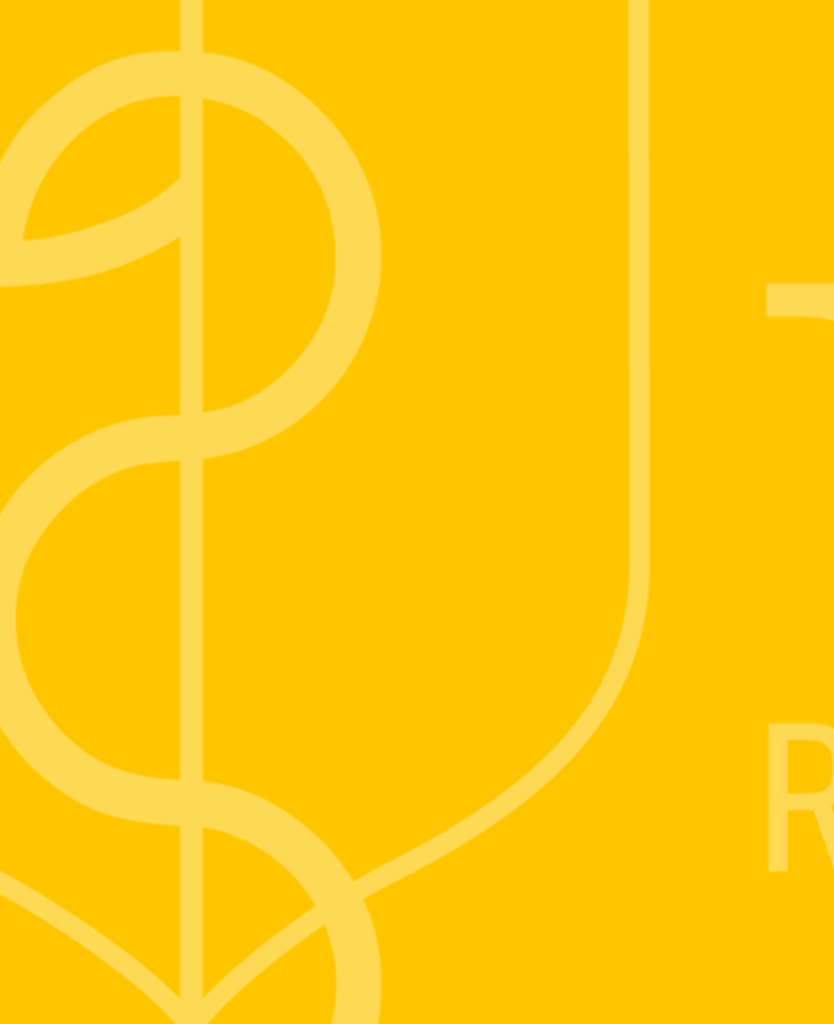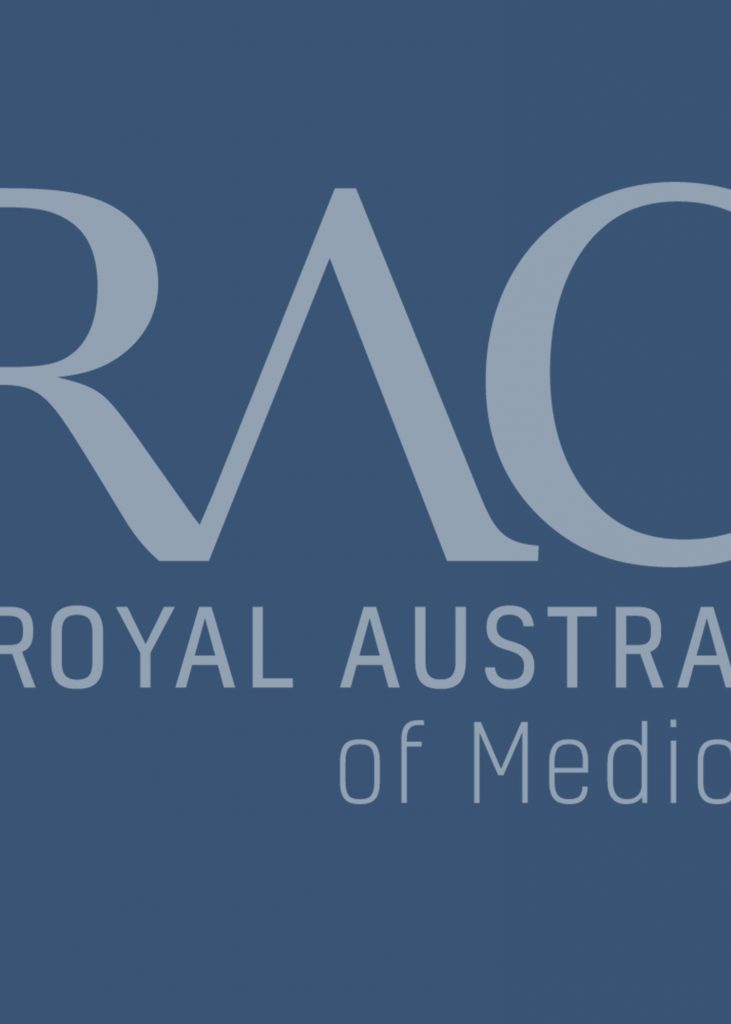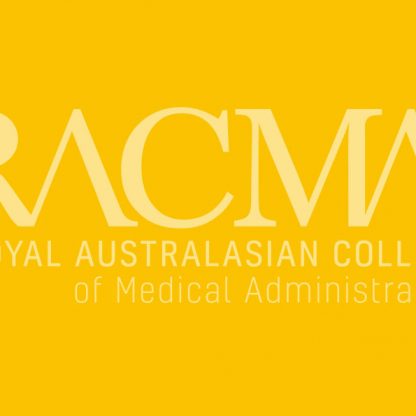
What an enlightening, energising and empowering collective journey many of us recently shared at the RACMA Conference in Auckland. It was wonderful to see so many of you in person and online as we exchanged many ideas, shared experiences, and forged collaborations that hold the promise of transformative changes. I thank you all for being so open and candid.
As always, the opportunity to come together and share in the fellowship of our colleagues gave us a recharge that is beyond value.
A major part of the discussions at RACMA 2023 centred on addressing the historical injustices and contemporary disparities that have impacted the health and well-being of First Nations communities for far too long. The conference was a vital platform for us to explore the pressing need for diversity, inclusion and equity within our community. We recognise that diversity is not just a demographic, but a recognition of the unique perspectives, experiences, and talents that each individual brings to the table.
An inclusive environment encourages open dialogue, collaboration, and innovation, ensuring that diverse voices are heard, respected, and valued. By fostering a culture of inclusion, we enhance teamwork, creativity, and ultimately, the quality of care we provide. It is only when we address diversity and inclusion in our organisations and communities that we truly have a just and inclusive workplace and health system with equitable health outcomes.
It is not only about recognising the inequities that persist but taking tangible steps toward rectifying them. It is about actively listening to the voices of those affected, understanding their unique needs and circumstances, and advocating for policies and services that honour and respect their identities and traditions.
The digital transformation of healthcare was another crucial focus of our conversation. We must embrace the potential of digital tools to revolutionise healthcare delivery, improve patient outcomes, and enhance accessibility. Let us also remember that digital transformation should be inclusive, ensuring that all communities can benefit from its advancements.
I want to remind all Members our responsibility does not end after we leave our conferences and other events. Nor should the dialogue. Our journey as a College begins with the determination and commitment that we collectively cultivate when sharing open dialogue at various events and meetings like the conference. The path toward health equity is a long and challenging one, but together, we possess the resilience, dedication, and wisdom needed to overcome these challenges.
We must continue to build bridges, foster understanding, and advocate for policies that dismantle systemic barriers to health.
Off the back of such great progressive exchanges, the momentum continues for the College as we advance some of our key projects including the Fellowship Training Program Renewal project and the Clinical Governance Practice project.
Thank you again to all Members who provided feedback previously on the Curriculum Learning Outcomes for the renewed Fellowship Training Program. This work has progressed, and we are now inviting feedback from a broad range of internal and external stakeholders to ensure the Curriculum Learning Outcomes meet the needs of RACMA Candidates and the communities they serve.
On behalf of the RACMA Board, I encourage you to take the opportunity to be involved in this important initiative. Details were previously emailed to all members and are also available in the Education Update section of this newsletter.
And lastly, I am extremely proud of the launch of the “Safeguarding Healthcare: the essentials of Clinical Governance” podcast series. If you haven’t had the chance to listen, I strongly encourage you to do so. There are now two episodes available on the following platforms, which cover navigating wrong site surgery and the ethical dilemma surrounding aging medical professionals:
The response has been overwhelmingly positive across the whole healthcare sector and the College is picking up much traction with key stakeholders including Ahpra, the Australian Commission on Safety and Quality in Health Care (ACSQHC) the Clinical Excellence Commission and the Australian Institute of Digital Health. The podcasts are part of a bigger piece of work which aims to position RACMA as the national authority on clinical governance practice given our Members play a key role in upholding clinical governance principles, as we continually drive patient safety and promote quality care.
I would like to acknowledge the invaluable input, wisdom, and guidance the Clinical Governance Advisory Group has provided for the implementation and further development of this project. The group of 50 Members was established after an EOI process earlier this year. I thank the membership for your support and enthusiasm for this crucial program.
The next phase of the project is to quantify the current maturity of clinical governance in Australian hospitals through a survey. The aim is to identify the level of engagement by doctors in clinical governance processes, determine the current maturity of clinical governance by hospital characteristics and to identify opportunities for RACMA to improve clinical governance system and the quality and safety of healthcare. The Medical Board has kindly offered to distribute the survey to all doctors in Australia through their newsletter in the coming weeks. We have also obtained ethics approval from Melbourne Health and Sydney University are recruiting a research assistant to help us with the analysis of the responses.
I would like to take this opportunity to commend Dr David Rankin, Lead Fellow Clinical Governance, for his leadership and commitment to bring this project to fruition in such a short time frame. RACMA, its Members and the healthcare system will certainly benefit greatly now and long into the future by building such a strong foundation in this critical space for Medical Leaders.
As always, if you have any ideas or feedback about the future direction of the College and its work, please email me president@racma.edu.au.
Kind regards
Dr Helen Parsons CSC FRACMA
RACMA President
Author: Felicity Gallagher
26th October 2023



